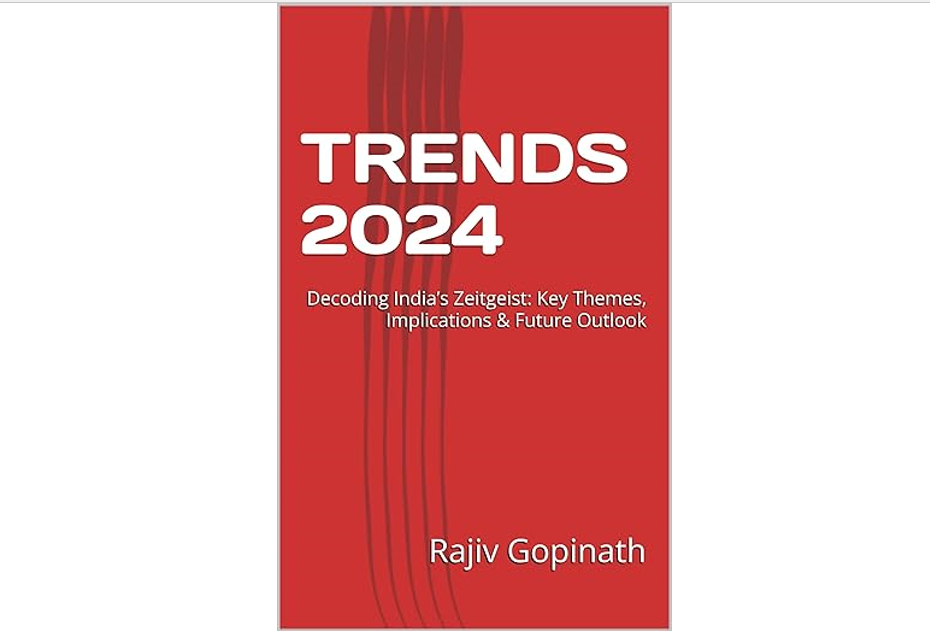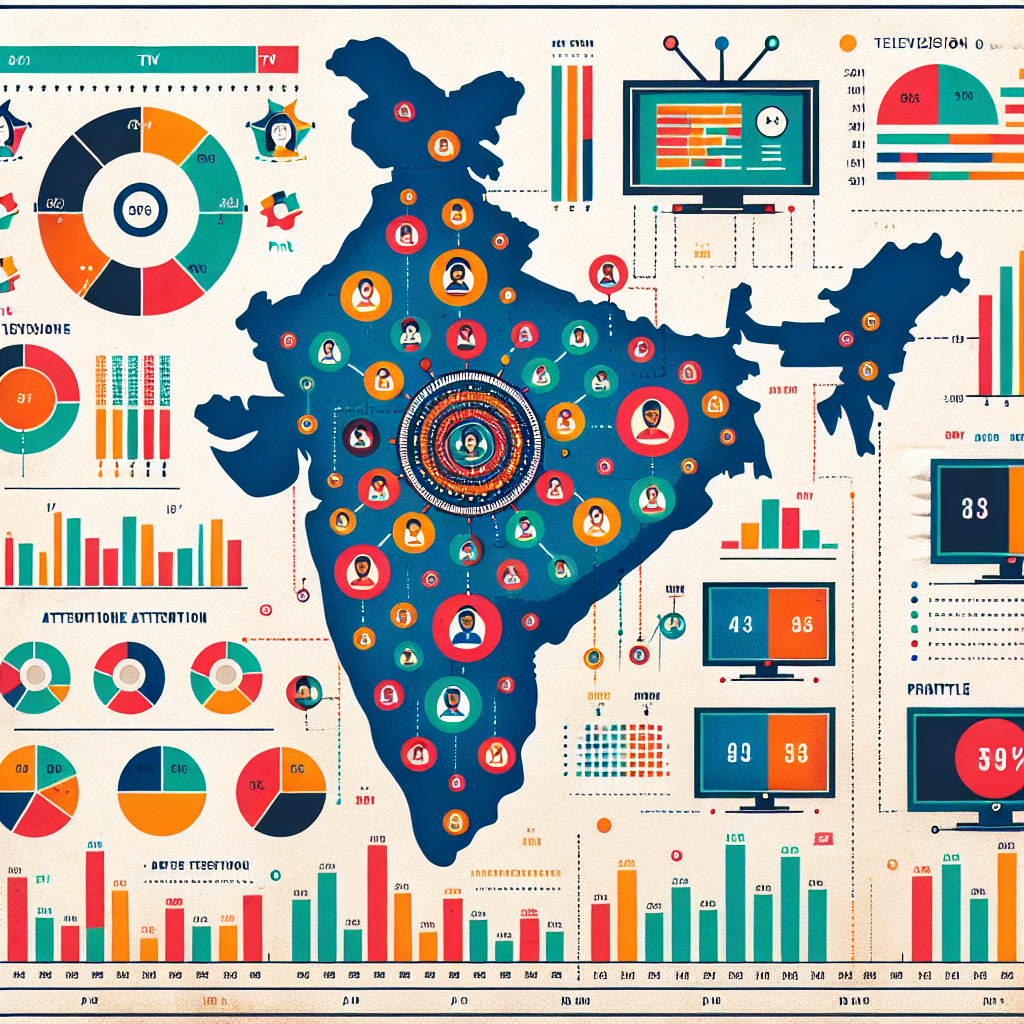The Role of Privacy Officers in Digital Marketing Teams
During a marketing strategy meeting last year, Ray's team was excitedly discussing a new campaign leveraging customer browsing data to create hyper-targeted ads. As ideas flowed, their newly appointed Privacy Officer interrupted with a question that silenced the room: "Have we obtained explicit consent for this use of customer data?" The awkward silence that followed revealed a glaring gap in their thinking. That moment fundamentally changed Ray's perspective on marketing operations. Ray realized that in their rush to leverage data for personalization, they had overlooked critical privacy considerations that could expose their company to significant regulatory risk. This intersection of marketing ambition and privacy protection sparked Ray's fascination with an emerging corporate role: the Privacy Officer in marketing teams. What began as a compliance afterthought has evolved into a strategic partnership that's reshaping how modern marketing operates.
Introduction: The Privacy Imperative in Modern Marketing
The marketing landscape has transformed dramatically in recent years, with data-driven strategies becoming the cornerstone of digital campaigns. Simultaneously, an unprecedented wave of privacy regulations—from GDPR in Europe to CCPA in California and LGPD in Brazil—has fundamentally altered the rules of engagement. This regulatory surge, coupled with growing consumer privacy concerns, has created a new imperative: integrating privacy protection into the core of marketing operations.
A 2023 Gartner survey reveals that organizations with dedicated Privacy Officers in their marketing departments experience 43% fewer data breaches and 37% less regulatory friction than those without this specialized role. As Harvard Business School professor John Deighton notes, "Privacy has evolved from a legal consideration to a competitive differentiator and brand value proposition." This evolution has catalyzed the emergence of Privacy Officers as essential members of forward-thinking marketing teams.
1. The Evolution of the Privacy Officer Role in Marketing
The Privacy Officer role has undergone a remarkable transformation within marketing departments:
From Legal Advisors to Strategic Partners
Initially positioned as legal consultants called upon reactively, Privacy Officers now proactively shape marketing strategy from inception. This evolution reflects what privacy expert Ann Cavoukian calls "Privacy by Design"—embedding privacy considerations into systems and campaigns from the outset rather than as an afterthought.
Example: At Unilever, Privacy Officers participate in campaign ideation sessions, ensuring that privacy considerations inform creative concepts before significant resources are invested. This proactive approach has reduced campaign delays by 64% while strengthening compliance.
From Compliance Enforcers to Innovation Enablers
Modern Privacy Officers don't simply say "no" to risky initiatives—they help identify privacy-preserving alternatives that achieve marketing objectives while respecting consumer rights and regulatory boundaries.
Example: When Microsoft's marketing team proposed using browsing history for ad targeting, their Privacy Officer suggested federated learning techniques that preserved functionality while enhancing privacy protection, resulting in comparable performance metrics without the compliance risk.
2. Core Functions and Responsibilities
Today's marketing Privacy Officers fulfill several critical functions:
Regulatory Navigation and Translation
Privacy Officers interpret complex regulations like GDPR, CCPA, and emerging frameworks, translating legal requirements into actionable marketing protocols.
Example: When the Australian Privacy Principles were updated, Woolworths' Privacy Officer developed a simplified decision tree for marketers, reducing compliance questions by 72% and accelerating campaign approvals.
Consent Management Architecture
Privacy Officers design consent frameworks that balance legal compliance with user experience, ensuring transparent data collection while minimizing friction.
Example: Spotify's Privacy Officer collaborated with UX designers to develop a tiered consent model that increased opt-in rates by 28% while meeting GDPR requirements, demonstrating that well-designed privacy experiences can enhance rather than hinder engagement.
Data Minimization Strategy
Leading Privacy Officers champion data minimization—collecting only essential information and establishing clear retention policies.
Example: The New York Times reduced their marketing data collection points by 63% following a Privacy Officer audit, discovering that most personalization value came from just 37% of previously collected data points—improving both compliance posture and system performance.
3. Organizational Integration Models
Companies have developed various approaches to integrate Privacy Officers into marketing structures:
The Embedded Model
Some organizations position Privacy Officers directly within marketing teams, ensuring constant collaboration and privacy-aware decision-making.
Example: Procter & Gamble embeds Privacy Officers within each brand team, creating continuous privacy oversight while building domain-specific expertise.
The Hub-and-Spoke Model
Others maintain a central privacy function with designated liaisons to marketing departments.
Example: IBM employs a central Privacy Office that assigns dedicated officers to marketing initiatives based on risk assessment and data sensitivity, balancing specialized knowledge with consistent governance.
The Matrix Approach
Advanced organizations implement dual-reporting structures where Privacy Officers report to both legal and marketing leadership.
Example: Adobe's Privacy Officers maintain dual reporting lines to the Chief Privacy Officer and Chief Marketing Officer, creating balanced accountability that research firm Forrester identified as a leading practice for organizations with mature privacy programs.
4. Future Trajectory and Emerging Trends
The role continues to evolve with several emerging developments:
AI Ethics Integration
As marketing AI deployments accelerate, Privacy Officers are expanding their scope to address algorithmic transparency and ethical considerations.
Example: Netflix's Privacy Officer now oversees an "Algorithm Ethics Committee" that reviews recommendation systems for potential privacy implications and bias, preventing several problematic implementations before deployment.
Privacy as Brand Differentiator
Forward-thinking Privacy Officers are helping marketing teams position privacy protection as a core brand value and competitive advantage.
Example: Apple's "Privacy. That's iPhone." campaign was developed with significant input from their Privacy Officer team, demonstrating how privacy protection has evolved from a compliance function to a central marketing message.
Conclusion: From Constraint to Competitive Advantage
The integration of Privacy Officers into marketing teams represents a fundamental shift in how organizations approach data-driven marketing. Rather than viewing privacy as a constraint, leading companies now recognize it as a strategic enabler that builds consumer trust while reducing regulatory risk.
As Georgetown University professor Kirsten Martin observes, "The most successful organizations don't see privacy and marketing as opposing forces but as complementary values that, when properly balanced, create more sustainable customer relationships."
In a landscape where 89% of consumers consider a company's privacy practices when making purchasing decisions (Cisco, 2023), Privacy Officers have become essential architects of sustainable marketing strategies that balance personalization with protection.
Call to Action
For marketing leaders seeking to strengthen their privacy governance:
- Assess your current privacy integration model and identify structural gaps
- Consider embedded Privacy Officers for high-risk marketing functions
- Develop privacy training specifically tailored for marketing teams
- Create privacy review checkpoints throughout the campaign development lifecycle
- Measure and communicate the business value of privacy initiatives
The transition from viewing privacy as a legal obligation to embracing it as a strategic marketing asset is not merely advisable—it's essential for sustainable growth in the privacy-first marketing era.
Featured Blogs

TRENDS 2024: Decoding India’s Zeitgeist: Key Themes, Implications & Future Outlook

How to better quantify attention in TV and Print in India

AI in media agencies: Transforming data into actionable insights for strategic growth

How the Attention Recession Is Changing Marketing

The New Luxury Why Consumers Now Value Scarcity Over Status

The Psychology Behind Buy Now Pay later

The Rise of Dark Social and Its Impact on Marketing Measurement

The Role of Dark Patterns in Digital Marketing and Ethical Concerns








